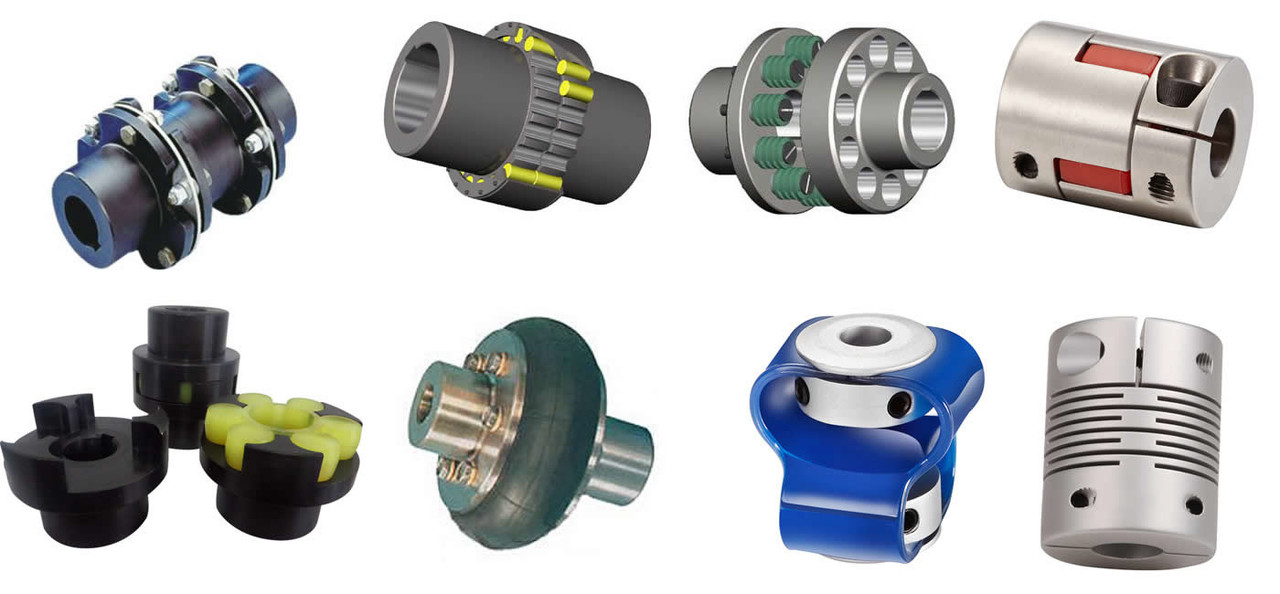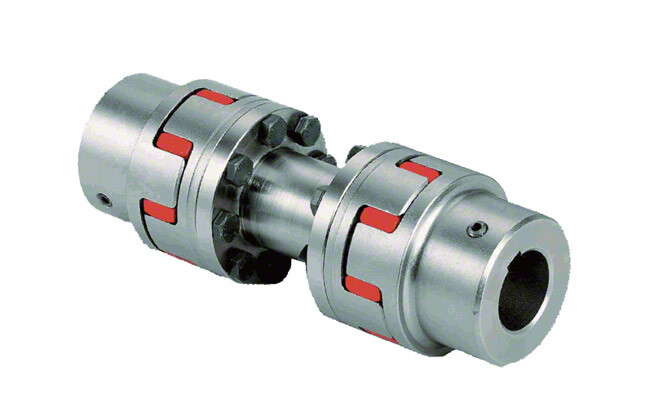Steel Shaft Coupler
Introduction to Steel Shaft Couplers
Steel shaft couplers are fundamental components in the world of mechanical engineering. These devices are used to connect two shafts together, allowing for the transmission of power and torque.
Types of Steel Shaft Couplers
There are various types of steel shaft couplers, each designed to accommodate different mechanical requirements and operational conditions.
Rigid Shaft Couplers
Rigid shaft couplers provide a solid, inflexible connection between two shafts. They are ideal for applications where precise alignment is crucial.
Flexible Shaft Couplers
Flexible shaft couplers offer some degree of flexibility, allowing for slight misalignments between connected shafts. They help in absorbing shock and vibration.
Beam Couplers
Beam couplers, also known as helical couplers, are designed with a helical cut that allows for flexibility and torsional stiffness. They are commonly used in motion control applications.
Disc Couplers
Disc couplers use a series of thin, flexible discs to transmit torque while compensating for misalignment. They are known for their high torque capacity and precise positioning.
Jaw Couplers
Jaw couplers consist of two metal hubs and an elastomeric insert that fits between them. This design provides a balance between rigidity and flexibility.
Gear Couplers
Gear couplers transmit torque through meshing gears, providing a robust and efficient connection. They are suitable for high-torque applications.
Oldham Couplers
Oldham couplers use a three-piece design with a central disc that slides between two outer hubs. They are ideal for applications with parallel misalignment.
Bellow Couplers
Bellow couplers are designed with flexible metal bellows that can accommodate angular, parallel, and axial misalignments while maintaining a high torsional stiffness.

Applications of Steel Shaft Couplers
Steel shaft couplers are utilized in various industries, including automotive, aerospace, manufacturing, and robotics. They play a critical role in ensuring the smooth operation of machinery.
Factors to Consider When Selecting a Coupler
When choosing a shaft coupler, consider factors such as torque capacity, misalignment, environmental conditions, and the type of shafts being connected.
Advantages of Steel Shaft Couplers
Steel shaft couplers offer several advantages, including high strength, durability, and resistance to corrosion. They are suitable for high-load and high-speed applications.
Installation and Maintenance
Proper installation and maintenance of steel shaft couplers are essential for optimal performance. Regular inspection and lubrication can extend the lifespan of the coupler.
Common Issues and Troubleshooting
Common issues with steel shaft couplers include misalignment, wear and tear, and noise. Identifying and addressing these issues promptly can prevent equipment failure.
Future Trends in Shaft Coupler Technology
The future of shaft coupler technology lies in the development of materials and designs that offer greater flexibility, higher torque capacity, and improved efficiency.
Conclusion
Steel shaft couplers are indispensable components in the machinery world. Understanding their types, applications, and maintenance requirements is crucial for ensuring reliable and efficient operation.
What are the three types of coupling?
The three primary types of coupling are:
- Rigid Couplings
- Flexible Couplings
- Fluid Couplings
Each type has its own unique advantages and is used in different applications depending on the specific requirements.

What coupling is used to connect two shafts?
The choice of coupling to connect two shafts depends on several parameters and conditions:
- Torque Requirements: Ensure the coupling can handle the maximum torque expected.
- Misalignment Tolerance: Select a coupling that can accommodate the misalignment between the shafts.
- Operating Environment: Consider factors like temperature, humidity, and exposure to chemicals.
- Space Constraints: Ensure the coupling fits within the available space without causing interference.
- Speed: The coupling should be designed to operate at the required rotational speed without causing vibrations or imbalance.

What are the two general types of shaft couplings?
The two general types of shaft couplings are:
- Rigid Couplings: These provide a solid connection with no flexibility, ideal for applications where precise shaft alignment is required.
- Flexible Couplings: These allow for some misalignment and can absorb shocks and vibrations, making them suitable for dynamic applications.
HZPT: A Modern Enterprise Specializing in Shaft Couplers
HZPT, located in Hangzhou, Zhejiang Province, is a modern enterprise that integrates R&D, learning, production, and foreign trade. We adhere to our core values of “integrity” and operate with a philosophy of unity, progress, and innovation. Our focus is on the research and innovation of coupling products, with our business spanning Asia, Europe, Africa, and North America. We are dedicated to becoming an influential international group enterprise.
We specialize in the production of a series of coupling products including drum-shaped couplings, spring column pin couplings, serpentine spring couplings, universal couplings, star couplings, expansion couplings, diaphragm couplings, and tire couplings. We have a complete and scientific quality management system and our own technology development and testing department. We hold certifications such as CQC, ISO, and CE, ensuring the highest quality for our customers.
We can provide excellent sales service and technical support to our clients. Serving over a hundred partner enterprises, we uphold a “people-oriented, customer-first” business philosophy, working sincerely with clients for mutual development.

Here are five key advantages of our products and company:
- High-Quality Materials: Our couplings are made from premium-grade steel, ensuring durability and resistance to wear and tear.
- Advanced Technology: We use state-of-the-art technology in the production of our couplings, ensuring precision and reliability.
- Customization Options: We offer customized solutions to meet the specific needs of our clients, ensuring optimal performance for their applications.
- Comprehensive Testing: Each product undergoes rigorous testing to ensure it meets the highest standards of quality and performance.
- Global Reach: With operations across multiple continents, we provide timely and efficient service to our international clients.